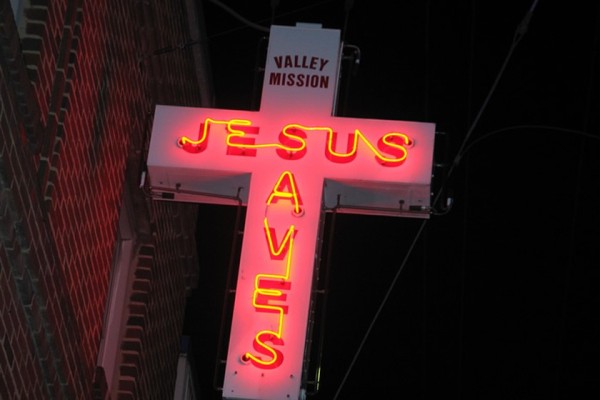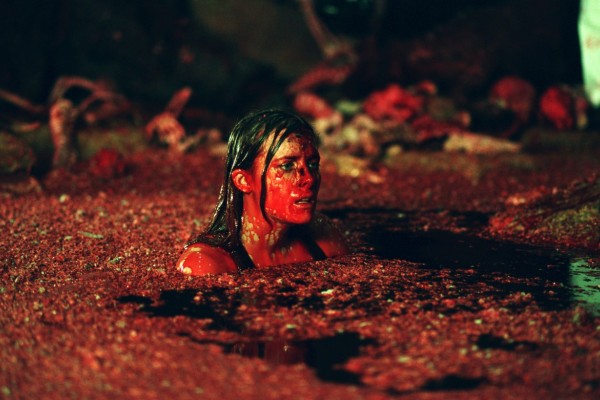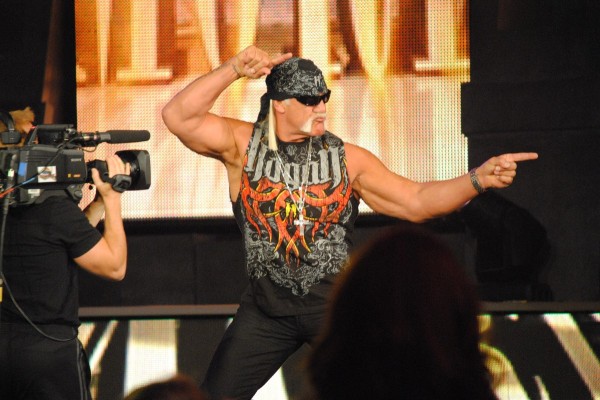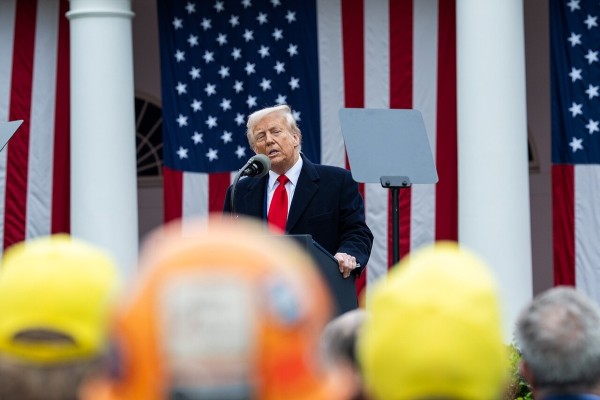-

Reviving the gospel of liberation
As the far-right turns faith into a weapon, Canada’s left needs to rediscover the moral vision it once carried. The social gospel called Christians to organize love into policy—to fight inequality, defend the poor, and build a just society. This legacy once shaped the NDP. As Julie McGonegal writes, it’s high time to remember why.
-

Churning up the ground: Laura Hall on horror as the ‘primary film genre of settler colonialism’
Countless books have explored the sociopolitical foundations of horror—its entanglements with gender, Blackness, madness, war and capitalism. Yet surprisingly little attention has been paid to the genre’s relationship with settler colonialism, despite the enduring prominence of the “Indian burial ground” trope in the earlier decades of the genre.
-

A Real American without a country
Once the embodiment of American wrestling glory, Terry “Hulk Hogan” Bollea died a month ago, effectively in exile. Once cheered as a patriotic hero, he fell from grace through scandals, backstage politicking, and cultural shifts. His downfall mirrors how America has, in unsettling ways, come to resemble the hero it turned on.
-
_600_400_90_s_c1.jpg)
MAGA and the pope
It is in the US where the real kindling for the TradCath movement has been laid. There has been serious concern in recent years that this cultural reaction could manifest in a full-blown Church schism which could even see the secession of some portion of the American Church from the Holy See—a faction sometimes referred to as “MAGA Catholicism.”
-

Democracy dies in daylight
A non-political civil service, diversity, USAID, the National Endowment for the Humanities, Fulbright Scholarships, federal funding for scientific and medical research—the Washington Post, the Kennedy Center, the National Gallery of Art, Ivy League universities, “big law”—the great institutions of liberal America are falling to Trump like dominoes, one by one.
-

There is a mental health crisis in US college football
While concern for mental health and self-care are increasingly prevalent across US society, our extensive conversations with current and former players to support our new book, The End of College Football: On the Human Cost of an All-American Game, reveal that the world of big-time college football is a clear exception.
-

The Giller Prize and the ‘Indigo 11’
We cannot afford to treat the role art has in “politics” as some abstract or existential dilemma. In Toronto, the delegitimization of Palestinian and pro-Palestinian speech has taken on many forms, including high-profile firings, acts of censorship, cancellations and arrests. Indigo and the Giller’s assaults on language have had material, and potentially irreversible, consequences.
-

There are some ‘new mitzvot’ that many Jews follow—and they aren’t pretty
The concept of a mitzvah goes well beyond good deeds and, given current circumstances, has come to encompass some very ugly deeds. How and whether Jews observe these obligations are intricately bound up in one’s sense of what it means to be a Jew. And in fact, as the tragedy in Gaza and the West Bank intensifies, no less than the soul of Judaism is at stake.
-

Refaat Alareer: Literature as resistance
In addition to his writing and activism, Alareer taught creative writing and literature at the Islamic University of Gaza. Through his work with We Are Not Numbers and the publication of literary anthologies, Alareer aimed to educate the world about the horrendous conditions Palestinians have been forced to endure under Israeli occupation.
-

Our collective trauma is the road to tyranny
The endemic trauma in American society, which is getting worse under the onslaught of the gig economy, pronounced social inequality, the climate crisis and the seizure of the political process and most institutions by corporations and the ruling oligarchs, is our most serious public health crisis. It has grave individual, social and political consequences.



